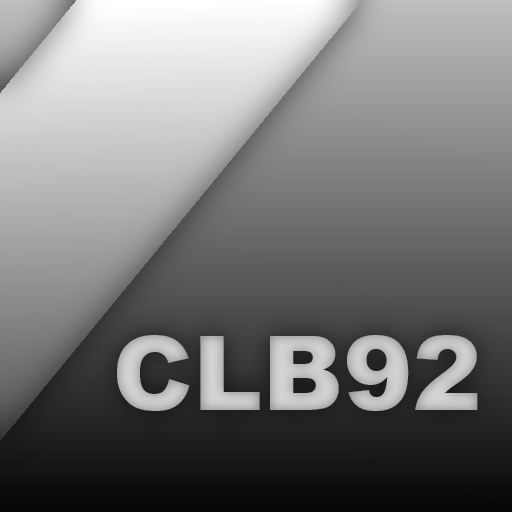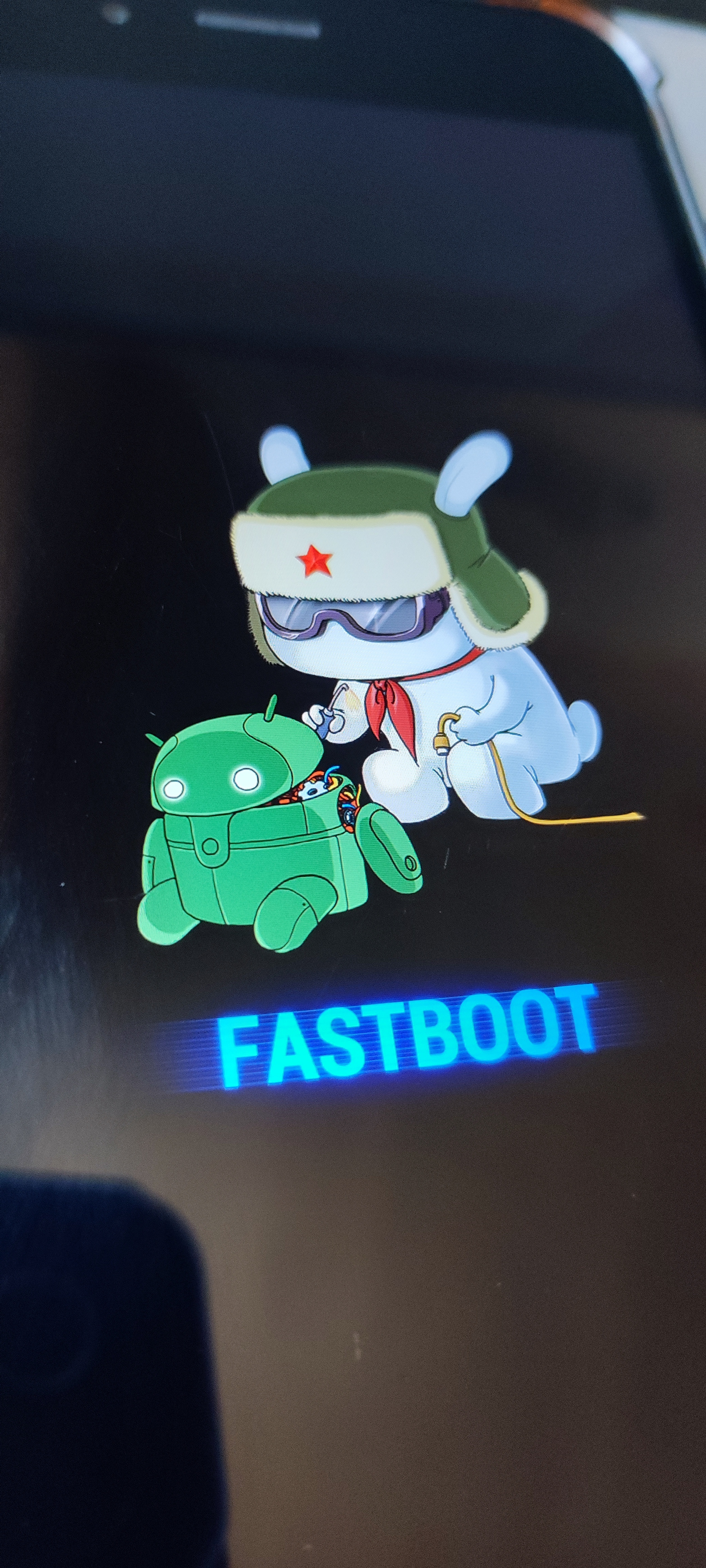Hi! In the last few months, the amount of fake torrents I’m getting automatically added to my downloads is starting to be really annoying. I want to find out which source is the culprit to remove it…How can I find what was the source of the added torrent? Where did it get it? What line do I need to look for in the logs? Or what event?
Consider reviewing https://trash-guides.info/ which helps pickup best releases, and yeah review/consider your trackers, some are horrible for zero quality cobtrol
Have your torrent client not download malicious file types like .exe, doesn’t solve the immediate problem but it helps in two ways.
First you don’t help spread the nonsense.
Second qbit will mark the torrent as complete and sonarr will then flag it for manual import with the reason no valid files to import. They’re easy and quick to spot and reroll that way.
I use Deluge, where it’s a bit more difficult, because it doesn’t have such filtering built in. I had to use the Execute plugin, and have it execute a script that checks the download filter upon completion, and deletes the download if it contains one or more dangerous filetypes.
Is there any way to have Radarr/Sonarr automatically remove it from the queue if there are no importable files, instead of waiting for manual intervention?
I don’t believe so. Maybe someone’s written a script on github, I haven’t looked.
A thing I like about lazylibrarian is that it just keeps rerolling until success. You probably miss good files just because LL couldn’t parse the folder structure or something, but it’s just set and forget.
Perhaps this could be modified to work. Like time is set to zero and file size to zero.
Not that I use LL, I just think it’s neat… From a purely onlooker POV.
Yep, it’s how I solved it
Here’s my list, saved you a click. Ignore the *.iso, I added that for the seven seas peoples. Obviously, all I share are Linux ISOs
*.exe
*.sh
*.lnk
*.iso
*.zip
*.zipx
*.iz
*.izh
*.arj
*.scr
*.lnk
*.cmd
*.msi
*.bat
*.scf
Activity -> history -> “i” button.
What this person said for the grab event to find where it came from and sonarr also has a new setting per indexer to fail unsafe downloads, the only drawback is you have to let your downloader download the file in the first place.
The alternative is blocking the files with your download client by extension and then manual intervention.
Not every download client supports blocking filetypes. Here’s how I solved it:
You can add cleanuperr to your *.arr stack. It will listen to your queues and if something gets stuck, like .arj files, it’ll remove them, blocklist them, and maybe re-search? I’m not sure.
You can also change your settings in sonarr to not do any rss sync searches with your public indexers. This stops sonarr from seaching those indexers automatically for the next release. I’ve notices most of that garbage pops up before the official release, then gets drowned out by the real stuff after the release. If you leave the auto/interactive search enabled, you can just click the auto search button for the episode the day after it comes out. You likely won’t pick up any garbage this way.
I wrote a script that spam reports these, and I run it when I’m feeling frustrated with a something, but nothing I’ve spam reported with the script has gotten taken down yet. So, that sucks too.




